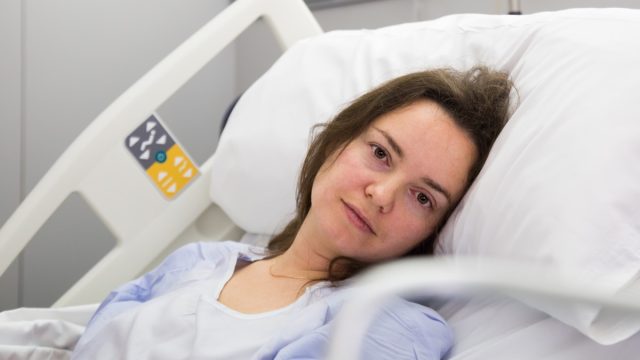
If you've previously been infected with COVID and end up getting infected again, your immune system should recognize the virus and you should experience a relatively mild case, protected from lingering effects, right? Not necessarily. Although experts say that's the case for most people, others find that reinfection is nothing to sneeze at. These are key ways reinfection with COVID can severely damage your health.
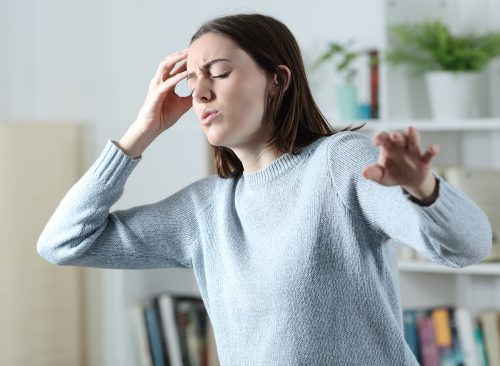
On Sept. 13, National Geographic profiled Mehnaz Qureshi, a mother and virologist who has caught COVID seven times. Her first infection was mild, but "her symptoms during subsequent reinfections have been more severe," the outlet reported. "The most recent infection was disabling. She was bedridden for a week, could barely stand, and had severe cognitive impairment." "I couldn't think straight," said Qureshi. "The most recent one was really bad."
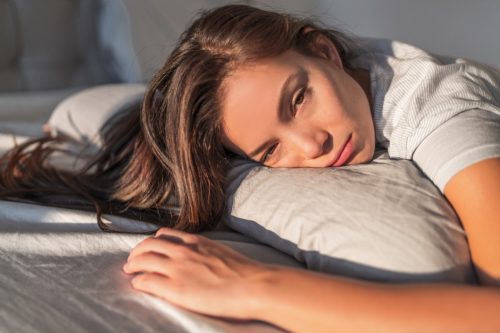
"If you've had COVID previously and dodged a bullet and did not get Long COVID the first time around and you're getting another infection now, you're pretty much trying your luck again," Ziyad Al-Aly, a clinical epidemiologist at Washington University in St. Louis, told STAT this week. "People need to understand that you can get Long COVID the second time, even if you dodged the bullet the first time. You can get Long COVID the third time."

"If you had Long COVID before, upon reinfection, there is a risk of worsening problems," said Al-Aly. "You may have had brain fog and fatigue but not dysautonomia or other manifestations. Long COVID is a broad basket of conditions. Even if you've had it before, you're also trying your luck again."
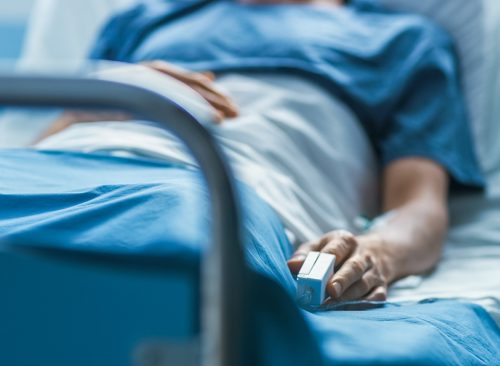
According to a study based on the health records of more than 5.6 million people treated in the VA Health System, "those with two or more documented infections had more than twice the risk of dying and three times the risk of being hospitalized within six months of their last infection," CNN reported in July. People who experienced reinfections also had a higher risk of various health problems—read on to find out what they are.

"Common new diagnoses after reinfections included chest pain, abnormal heart rhythms, heart attacks, inflammation of the heart muscle or the sac around the heart, heart failure and blood clots," CNN reported.
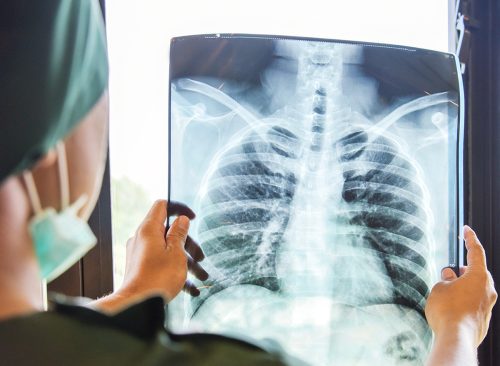
"Common lung issues included shortness of breath, low blood oxygen, lung disease, and accumulation of fluid around the lungs," Al-Aly told CNN.
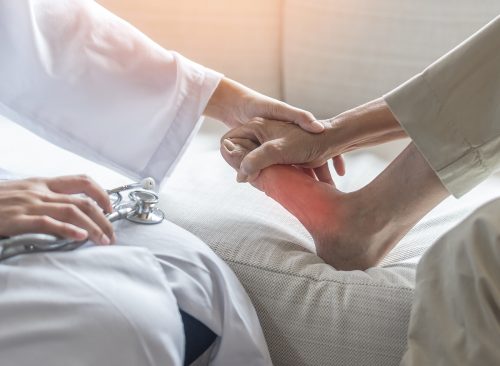
Fiona Callingham, a health reporter for the UK Express, recently wrote that the second time she caught COVID, her feet felt numb. It was a symptom she'd never experienced with her first infection. Officially called peripheral neuropathy, tingling or numbness in hands or feet can happen anytime you're infected with COVID, experts say.
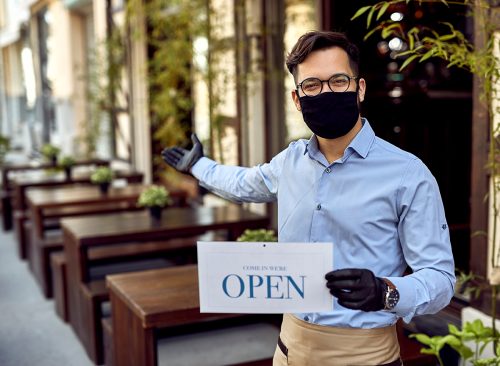
Dr. Davey Smith, an infectious disease specialist at the University of California, San Diego, told the New York Times you can reduce your risk of reinfection with common-sense practices like eating at outdoor restaurants and not socializing with people when they're feeling sick.
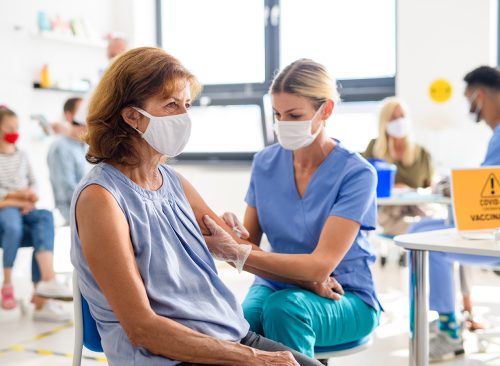
Updated COVID vaccines have been approved by the FDA and have begun rolling out to healthcare providers and pharmacies; clinical data shows they are effective at producing antibodies against currently circulating variants. The CDC recommends that everyone over the age of six months of age get one of the new shots this fall. Studies show that vaccination reduces your risk of COVID infection, or developing Long COVID if you are infected, for about six months.
RELATED: Surprising Signs You've Already Had COVID
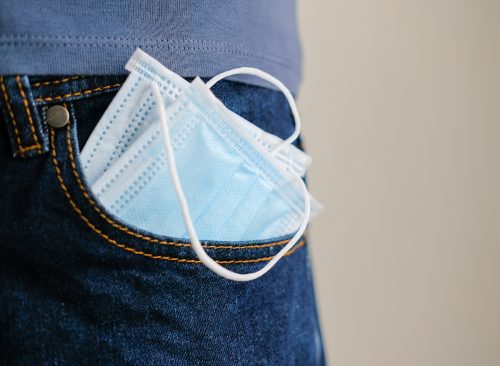
"You want to not get [COVID] if you can, but I'm not sure I would live in a bubble to try and not get it," Dr. Peter Chin-Hong, an infectious disease specialist at the University of California, San Francisco, told the Times. He said he carries a mask in his pocket when he's in public. "I just do the best that I can. But I'm not fearful.














